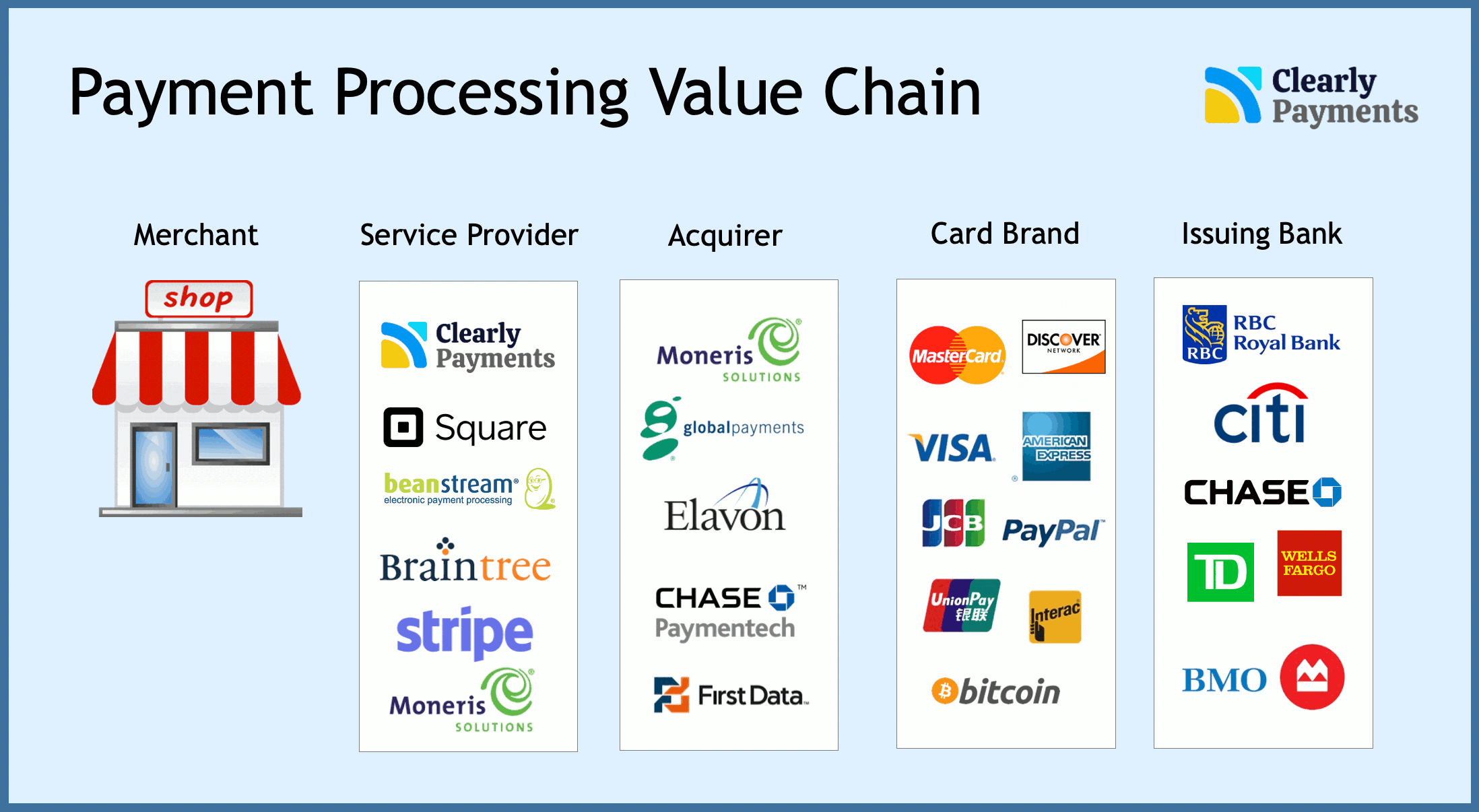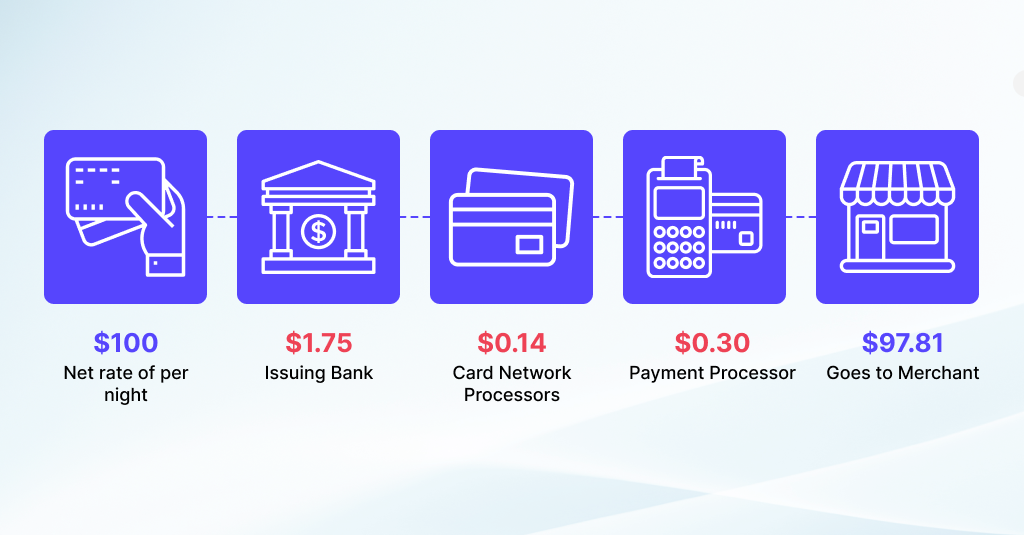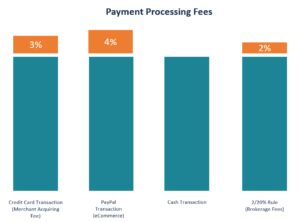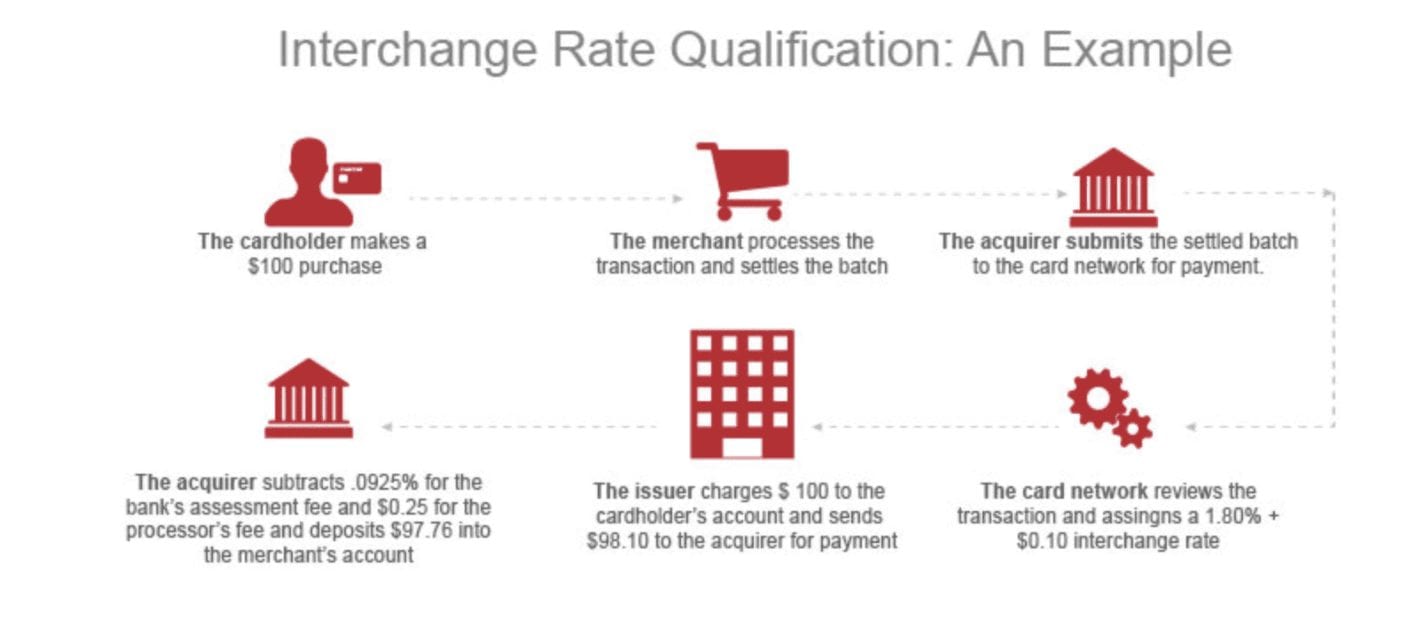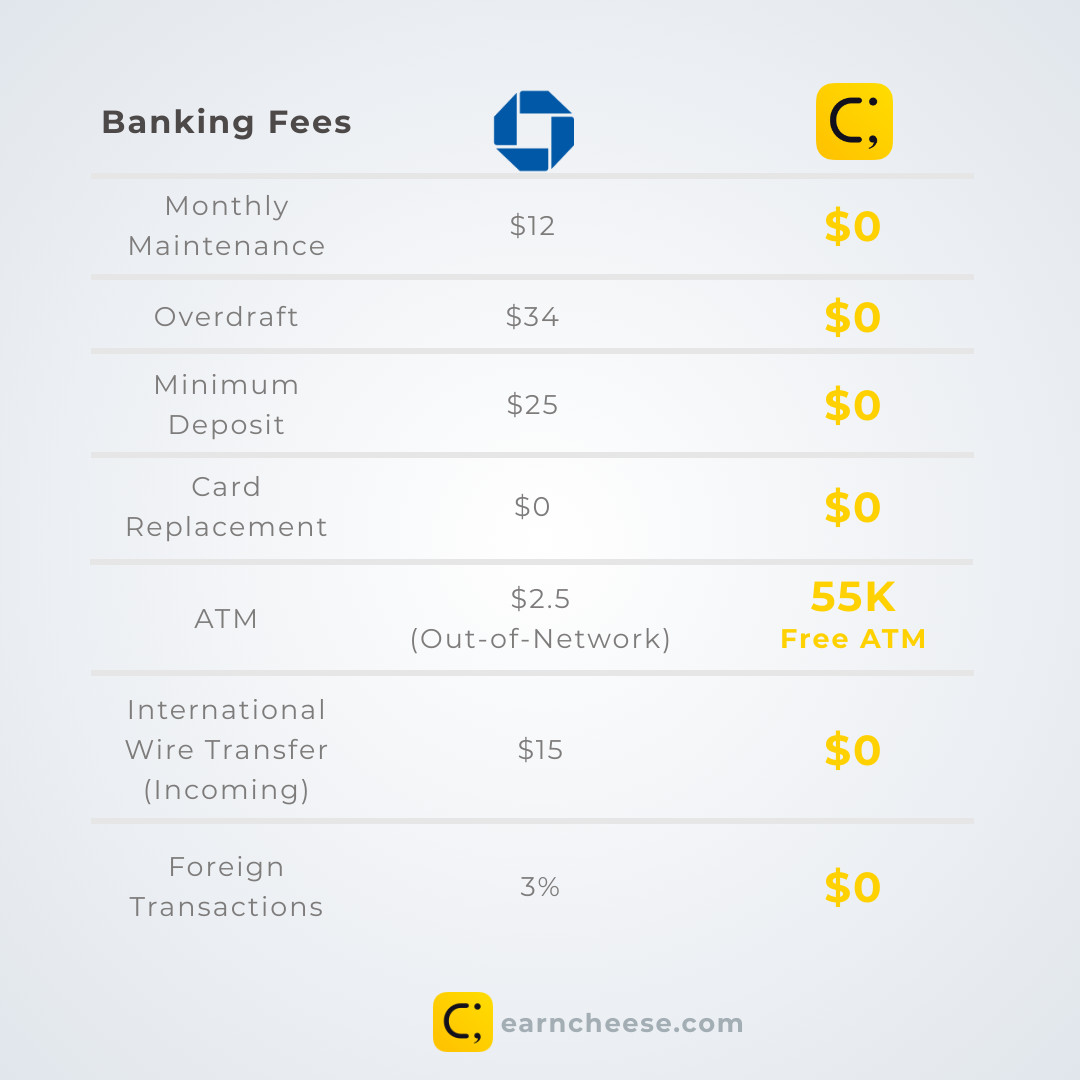Lower Credit Card Processing Fees
Posted: 02 Apr 2025 on General

Lower Credit Card Processing Fees: Tips for Businesses to Slash Costs
In the competitive world of business, every penny counts. That’s why it’s crucial to optimize your expenses and find ways to reduce costs without sacrificing quality or customer satisfaction. One area where businesses can often save a significant amount of money is on credit card processing fees.
Credit card processing fees can be a major pain in the neck for businesses, especially small businesses with thin profit margins. These fees can eat into your profits and make it harder to grow your business. However, there are a number of things you can do to lower your credit card processing fees and keep more money in your pocket.
Decoding Credit Card Processing Fees
Before we dive into the nitty-gritty of lowering credit card processing fees, let’s first understand what these fees entail. When a customer uses a credit card to make a purchase, the merchant (that’s you) pays a fee to the credit card company (such as Visa, Mastercard, or American Express). This fee is typically a percentage of the transaction amount, plus a flat fee. So, for example, if you sell a product for $100 and the credit card processing fee is 2.9% + $0.30, you’ll pay $3.20 in fees.
It’s important to note that credit card processing fees vary depending on a number of factors, such as the type of credit card (e.g., Visa, Mastercard, American Express), the cardholder’s creditworthiness, and the volume of transactions processed. So, it’s important to shop around and compare rates from different credit card processors before signing up with one.
Now that you have a handle on what credit card processing fees are, let’s explore some effective strategies to lower them:
Negotiating with Your Credit Card Processor
One of the best ways to lower your credit card processing fees is to negotiate with your credit card processor. Many processors are willing to lower their rates for businesses that process a high volume of transactions or have a good credit history. So, if you’re not happy with your current fees, don’t be afraid to pick up the phone and give your processor a call.
When negotiating with your credit card processor, be sure to have your research ready. Know what other processors are charging for similar services, and be prepared to walk away if your processor is unwilling to lower their fees. You can also use a credit card processing comparison tool to get quotes from multiple processors.
Here are some tips for negotiating with your credit card processor:
- Be polite and respectful, even if you’re frustrated with your current fees.
- Be prepared to provide data on your transaction volume and creditworthiness.
- Be willing to walk away if your processor is unwilling to lower their fees.
By following these tips, you can increase your chances of negotiating a lower credit card processing fee.
In addition to negotiating with your credit card processor, there are a number of other things you can do to lower your credit card processing fees. These include:
- Choosing the right type of credit card processor. There are two main types of credit card processors: merchant account providers and payment gateways. Merchant account providers offer a complete suite of services, including credit card processing, fraud protection, and reporting. Payment gateways simply process credit card transactions and do not offer any additional services. Merchant account providers typically charge higher fees than payment gateways, but they may be a better option for businesses that process a high volume of transactions or need additional services.
- Shopping around for the best rates. There are a number of credit card processors out there, so it’s important to shop around and compare rates before signing up with one. Be sure to compare the fees, terms, and conditions of each processor before making a decision.
- Negotiating a lower rate. Once you’ve chosen a credit card processor, don’t be afraid to negotiate a lower rate. Many processors are willing to lower their rates for businesses that process a high volume of transactions or have a good credit history.
- Using a credit card processing comparison tool. A credit card processing comparison tool can help you compare rates from multiple processors. This can save you a lot of time and hassle, and it can help you find the best deal on credit card processing fees.
By following these tips, you can lower your credit card processing fees and keep more money in your pocket. So, what are you waiting for? Start saving today!
Lower Credit Card Processing Fees: A Comprehensive Guide to Saving Money on Merchant Fees
In today’s competitive business landscape, every penny counts. For businesses that accept credit cards, the ever-rising tide of credit card processing fees can eat into your profits and hinder growth. But, what if we told you there are ways to lower credit card processing fees without sacrificing customer convenience or security? Join us as we dive into a detailed exploration of strategies to reduce merchant fees and boost your bottom line.
Negotiate with Your Processor
Just like haggling over the price of a new car, don’t be afraid to negotiate with your payment processor. Be prepared to provide data on your transaction volume and processing history to demonstrate your value as a customer. If you’re a high-volume merchant, you may have more leverage to negotiate lower rates. Remember, it’s always worth a shot. The worst they can say is no.
Choose the Right Payment Processor
Not all payment processors are created equal. Take the time to research different providers and compare their fees, features, and customer support. Look for processors that offer competitive rates, transparent pricing models, and a strong reputation for reliability.
Implement Tiered Pricing
Tiered pricing allows businesses to charge different processing fees based on the type of card used. For example, you could charge a lower fee for debit cards and a higher fee for premium credit cards. This strategy can encourage customers to use lower-cost payment options, saving you money in the process.
Offer Discounts for Cash
Offering discounts for cash can encourage customers to pay with cash instead of a credit card. This can help you to save money on processing fees, as cash transactions come with no additional charges. Consider offering a small discount, such as 2-3%, for cash purchases to incentivize customers.
Accept Alternative Payment Methods
In addition to credit cards and cash, consider accepting alternative payment methods such as mobile wallets (e.g., Apple Pay, Google Pay) and ACH transfers. These payment options often have lower processing fees than traditional credit cards. By embracing multiple payment options, you cater to your customers’ preferences and reduce your processing costs.
Qualify for Interchange Plus Pricing
Interchange plus pricing is a fee structure where you pay the interchange fee (set by the card networks) plus a small markup charged by your processor. This pricing model is typically more transparent and competitive than bundled pricing, which combines interchange fees and processing fees into a single rate.
Leverage Volume Discounts
Many payment processors offer volume discounts for high-volume merchants. If your business processes a significant number of transactions, you may qualify for discounted rates. Contact your processor to inquire about their volume discount program.
Minimize Chargebacks
Chargebacks occur when customers dispute a transaction and request a refund from their card issuer. Chargebacks can result in lost revenue and additional processing fees. To minimize chargebacks, implement clear refund and return policies, provide excellent customer service, and use fraud prevention tools to detect and prevent fraudulent transactions.
Use a Payment Gateway with Low Fees
A payment gateway is an intermediary that connects your website to your payment processor. Choose a payment gateway with low fees to avoid additional costs. Look for payment gateways that offer competitive rates, transparent pricing models, and a variety of features to meet your business needs.
Consider a Merchant Cash Advance
A merchant cash advance is a lump sum of money that you receive from a lender in exchange for a percentage of your future sales. While merchant cash advances can provide quick access to capital, they typically come with higher interest rates and fees than traditional loans. Carefully consider the terms and conditions of the merchant cash advance before signing up.
Conclusion
Lowering credit card processing fees is not a one-size-fits-all solution. The best strategy for your business will depend on a variety of factors, including your industry, transaction volume, and customer base. By implementing the strategies outlined in this article, you can take control of your processing costs and boost your bottom line.

